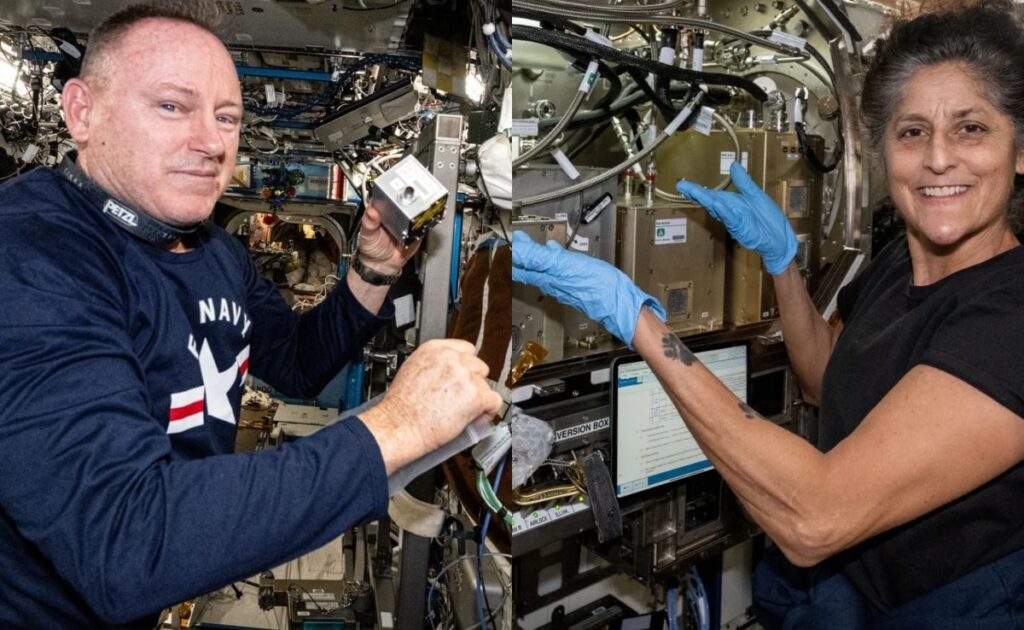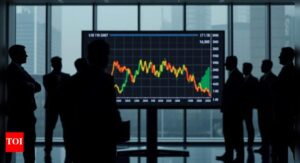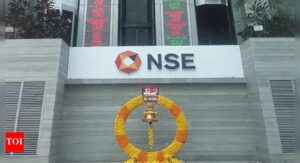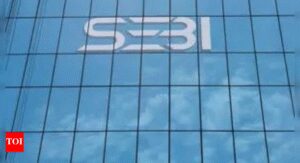
Sunita Williams and Butch Wilmore, the two US astronauts currently stuck in space may not have it easy when they return to Earth next week. After what was supposed to be an eight-day mission, turned into a nine-month stay aboard the International Space Station (ISS) owing to some technical difficulties, NASA’s Crew-10 will be entering the ISS on Sunday (Mar 16) after lifting off from Kennedy Space Centre in Florida on Friday (Mar 14), aboard the Falcon 9 rocket.
It is likely that Ms Williams and Mr Wilmore would have developed a condition known as “baby feet” wherein the soles of an astronaut’s feet become soft like a baby’s after spending months in space — making it painful for them to walk.
While walking on Earth, our feet face a lot of resistance in the form of gravity and friction, which makes the skin on the soles thicker. It protects us from feeling discomfort and pain while protecting us from general wear and tear.
However, after spending months in space, the harder skin comes off and the feet are left very soft and tender. Until the feet build up hard skin again, which can take from a few weeks to a couple of months, walking can be uncomfortable and even distressing.
Bone density loss
Apart from baby feet, the lack of gravity causes significant and often irreparable, bone density loss. As per NASA, for every month in space, astronauts’ weight-bearing bones become roughly one per cent less dense if they don’t take precautions to counter this loss.
Muscles, usually activated by simply moving around on Earth, also weaken because they no longer need to work as hard.
Also Read | Chilling Prediction Made By ‘New Nostradamus’ With India Link Comes True
Blood volume
The blood volume also shrinks in an astronaut’s body as the heart does not have to pump blood against gravity and has to work much less hard. The way the blood flows in the body also changes. It slows in some areas which can lead to clots. Fluids also don’t come down, or drain, as easily.
The fluid build-up also changes the shape of the eyeballs and weakens the vision. It is perhaps one of the reasons why most astronauts are seen wearing spectacles in space.
Radiation
One of the most dangerous impacts of spending time in space is radiation exposure. While Earth’s atmosphere and magnetic field shield humans from high levels of radiation, such protection is not available for astronauts.
NASA states that astronauts are majorly exposed to three types of radiation. These include particles trapped in Earth’s magnetic field, solar magnetic particles from the Sun and the galactic cosmic rays.














